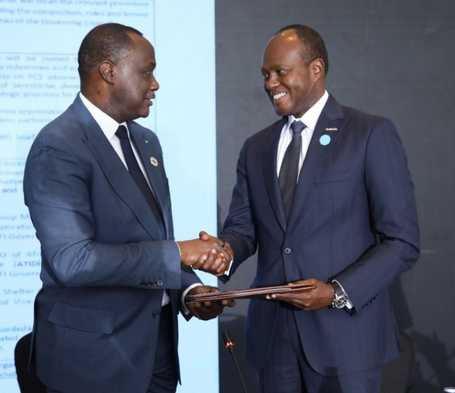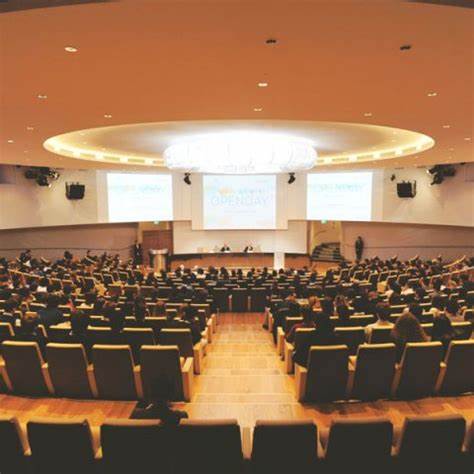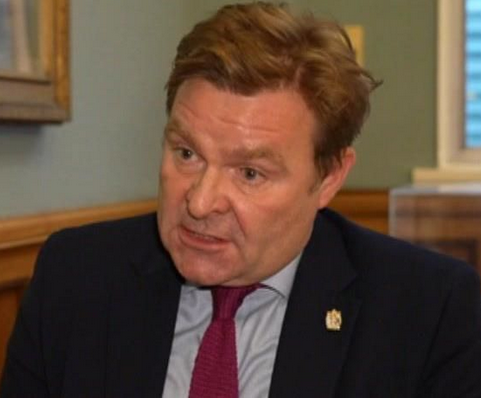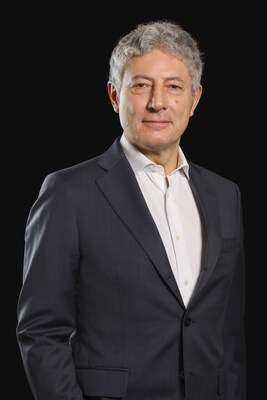Luiss University hosted an international conference on "Assessing the ESG movement: Ethical reflections on ESG and its impact on Business," organized by Rome's University, the Wharton University of Pennsylvania, and ETHOS Observatory of Public Ethics. The conference aimed to improve understanding of the ESG movement, contribute to its moral assessment, and explore approaches to realizing its underlying values.
Over $30 trillion in global assets are now invested in funds that use Environmental, Social, and Governance (ESG) principles to measure company performance. This powerful and lucrative ESG movement has put increasing pressure on business leaders to address ESG concerns and redefine corporate purpose beyond shareholder wealth.
However, ESG faces criticism in the United States from both Republicans, who see it as "woke capitalism," and Democrats and former supporters on the left, who worry about greenwashing and deceptive practices. Critics argue that ESG embraces conflicting goals: protecting firms against social and environmental risks while reshaping corporate purpose in morally responsible ways.
During the conference, academic speakers and business representatives discussed the ESG phenomenon from various perspectives. They aimed to contribute to its moral evaluation, explore its potential tension with Corporate Social Responsibility, and delve into existing theoretical proposals that support its values.
Scholars from universities worldwide engaged in three days of discussions, offering their contributions to deepen the understanding of ESG. Notable speakers included Florian Berg from MIT Sloan School of Management, Sandrine Blanc from ISEEC Business School, Thomas J. Donaldson from the Wharton School, Laura Marie Edinger-Schons from the University of Hamburg, Elena Granaglia from the University of Roma Tre, Joseph Heath from the University of Toronto, Witold Henisz from the Wharton School, Nien-hê Hsieh from Harvard University, Tae Wan Kim from the Tepper School of Business at Carnegie Mellon University, Colin Mayer from the Said Business School at the University of Oxford, Sebastiano Maffettone from Luiss University, Eric Orts from the Wharton School, Gianfranco Pellegrino from Luiss University, Andreas Rasche from the Copenhagen Business School, Gianfranco Rusconi from the University of Bergamo, Silvana Signori from the University of Bergamo, Giacomo Sillari from Luiss University, Andreas Scherer from the University of Zurich, Judith Strohle from the University of St. Gallen, and Alessandro Zattoni from Luiss University.
Additionally, an important roundtable discussion titled "ESG in Theory and Practice" involved influential figures from the business world, including Claudio De Vincenti (AdR) and Livio Livi (Q8).











